Some of China's large State-owned commercial banks and foreign lenders have continuously consolidated the Belt and Road Initiative and expanded into new areas of business to align with China's new development pattern and advance the country's high-level opening up.
In recent years, Bank of China has supported a number of BRI projects in the areas of health, green development, digitalization and innovation.
As of the end of last year, the bank had followed up on more than 900 corporate credit granting projects in BRI-involved countries and regions, with total credit exceeding $269 billion.
Between 2015 and 2019, BOC issued five series of BRI-themed bonds in seven currencies. The total amount was equivalent to $14.5 billion.
"With the aim of achieving sustainability and benefiting the people, BOC will stick to high standards during the implementation of the BRI and further consolidate the foundation of cooperation in the countries and regions involved in the BRI. The bank will steadily expand into new areas of business, actively serve China's new development pattern and high-level opening up, and promote high-quality development of the initiative," said Zhang Xiaodong, executive vice-president of the bank.
China Construction Bank, another Beijing-based large State-owned commercial lender, also provided financing for projects in BRI-involved countries and regions through a number of medium and long-term financial services, including international syndicated loans, cross-border mergers and acquisitions, export credit, project financing and financial leasing.
As of the end of last year, CCB had supported 342 projects in 60 BRI countries and regions, with a total financing quota of more than $50 billion.
In addition, the outstanding balance of its international business guarantees reached $17 billion, covering projects in 112 BRI countries and regions.
The bank also provided cross-border payment services in more than 140 small currencies and raised $1.67 billion via the issuance of BRI-themed bonds, said Wang Bing, executive vice-president of CCB.
Standard Chartered, a UK-based international banking group, has extensive cooperation with domestic financial institutions and corporate clients in BRI countries and regions, said Jerry Zhang, executive vice-chairman and CEO of Standard Chartered Bank (China) Ltd, the group's local subsidiary.
Last year, the banking group completed more than 130 projects in BRI countries and regions, and 40 percent of the projects met the environmental, social and governance — ESG — standards of the United Nations. It is committed to incorporating more green development concepts into BRI-related projects in the future, she said.
Standard Chartered participated in a large solar power project in the Middle East. The contractors concerned were Chinese companies. While some of the financing was provided by the Export-Import Bank of China and the China Development Bank, European manufacturers also contributed to the project, which involved multilateral development banks, such as the Asian Infrastructure Investment Bank and the African Development Bank.
"Our role in the project was to put the whole financing package together. That's very consistent with the objectives of the Belt and Road Initiative, which is to combine Chinese expertise in manufacturing or project building with Chinese and other capital to generate sustainable projects across the countries and regions involved in the initiative, with the appropriate amount of political and other risk protections," said Bill Winters, group chief executive of Standard Chartered PLC.









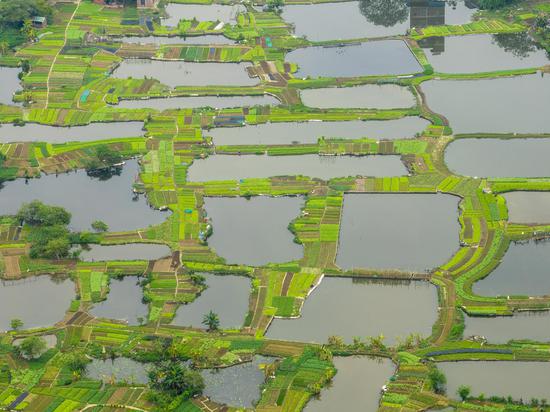
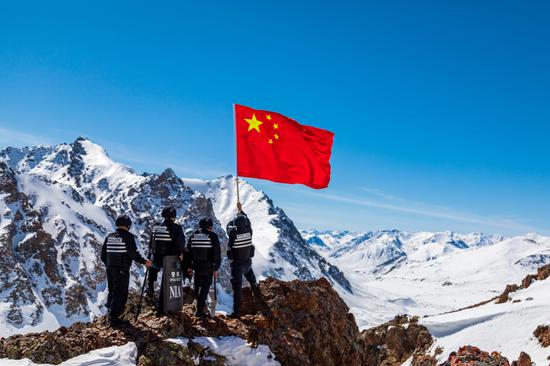
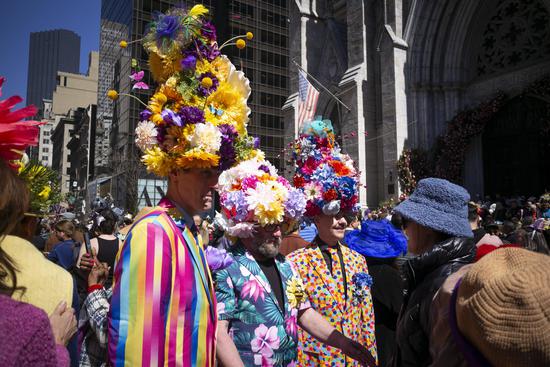
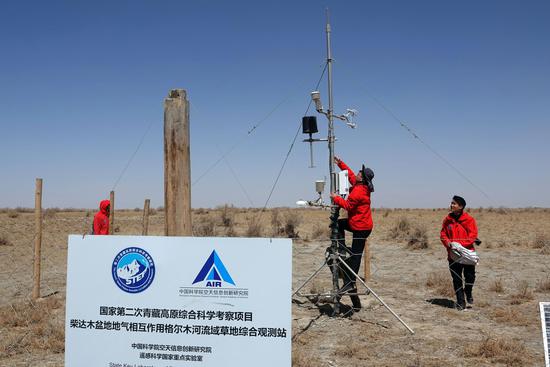
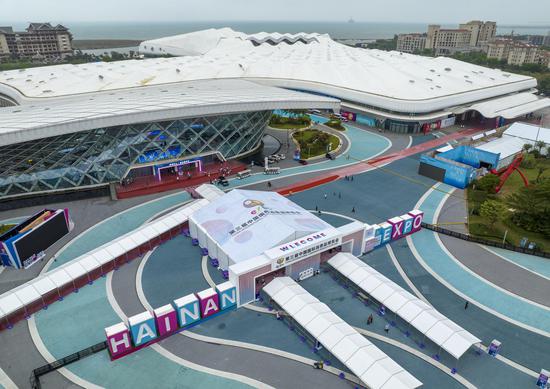
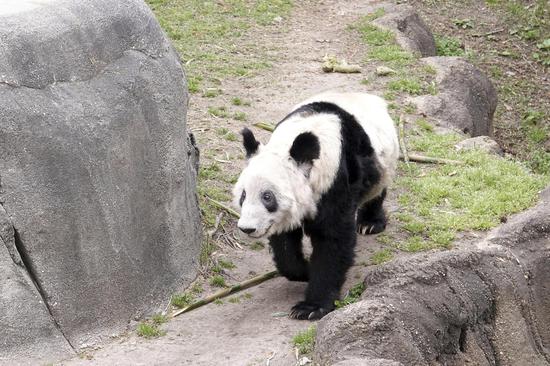
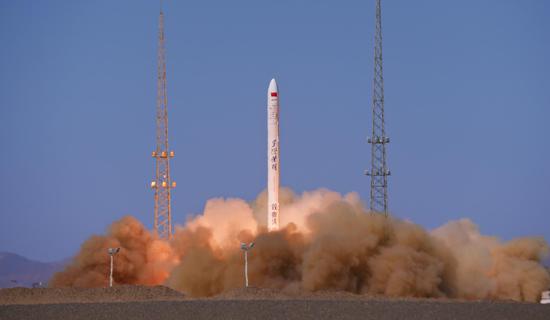
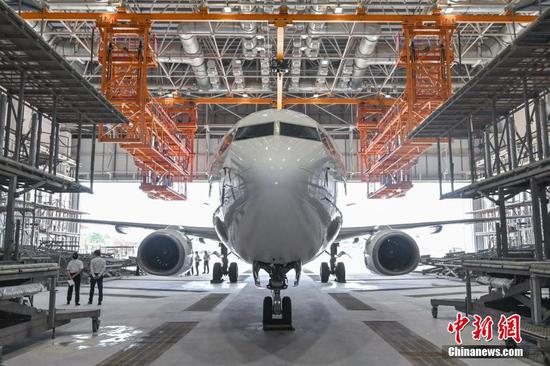
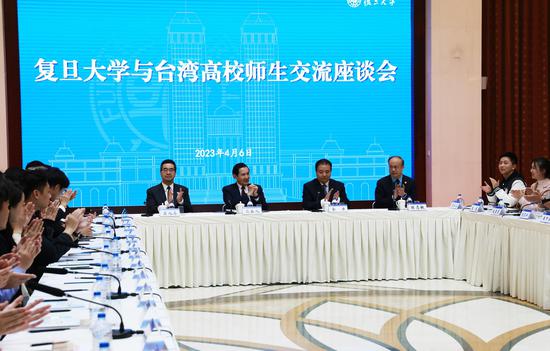
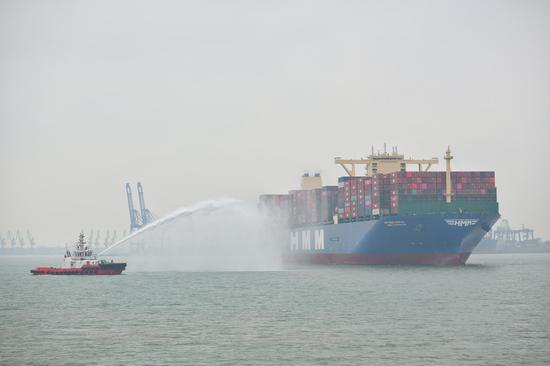
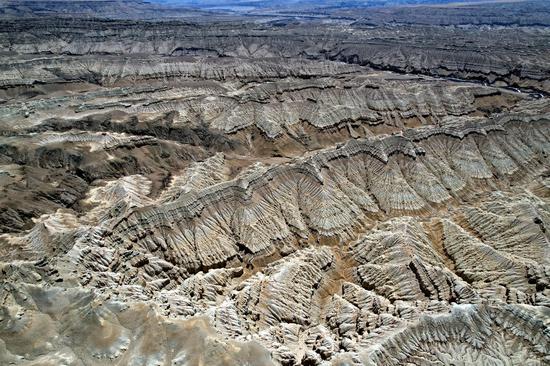

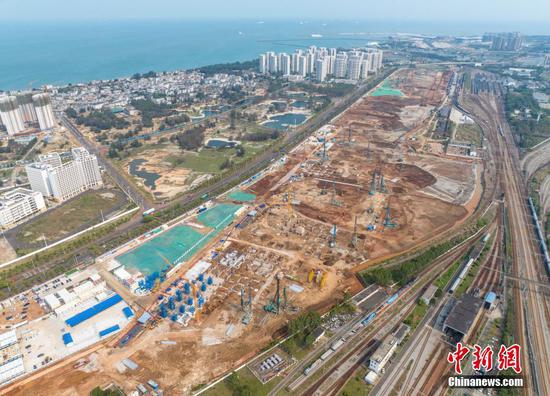
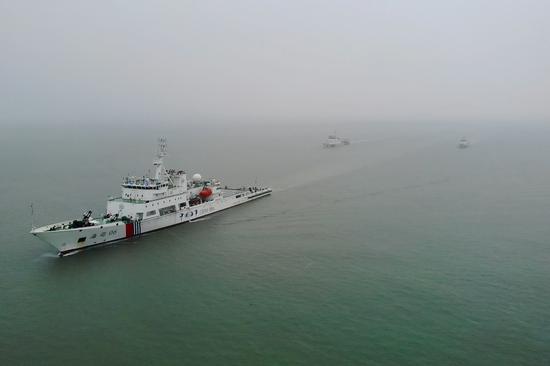
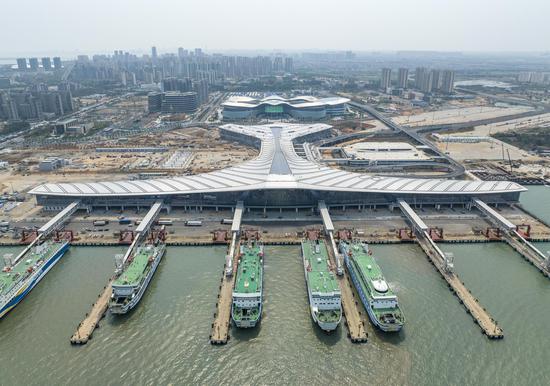
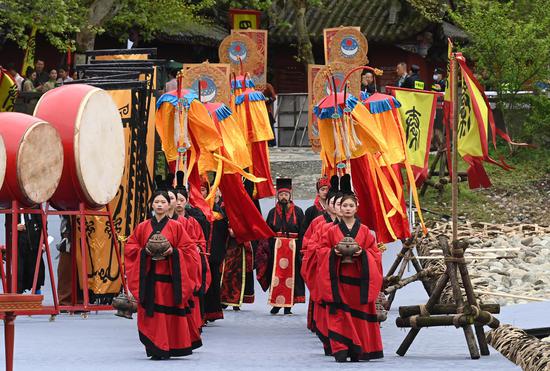
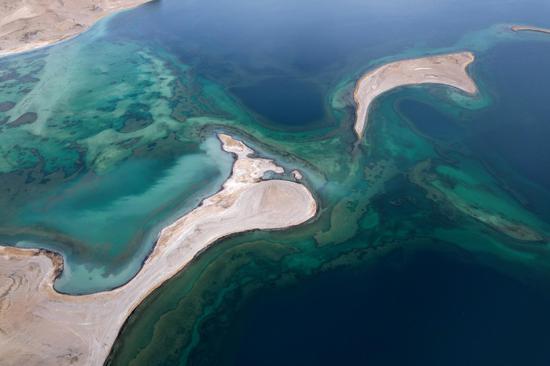

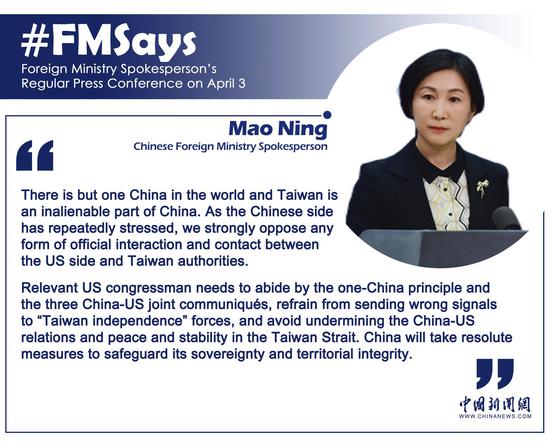
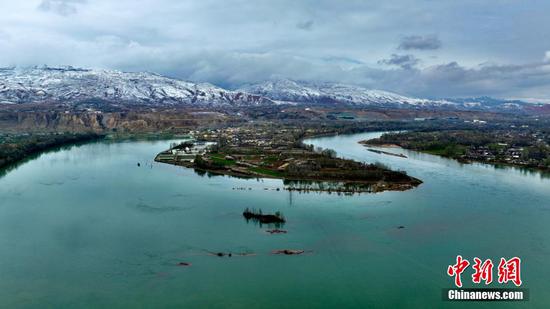
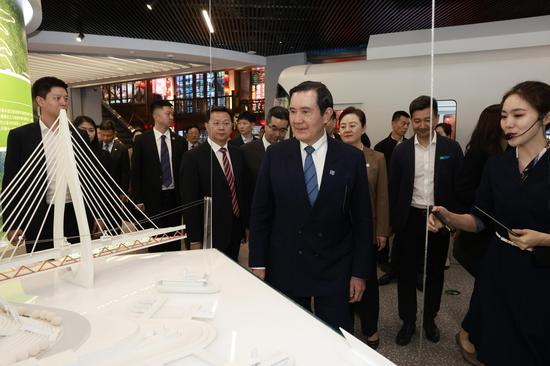
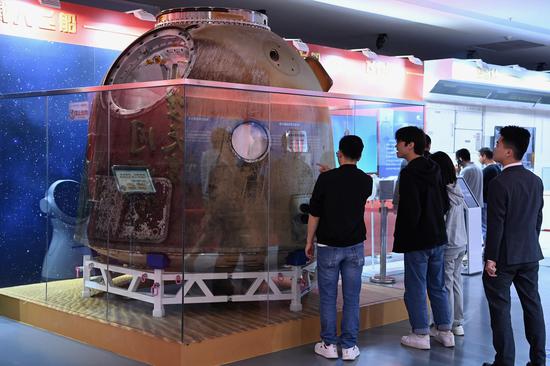

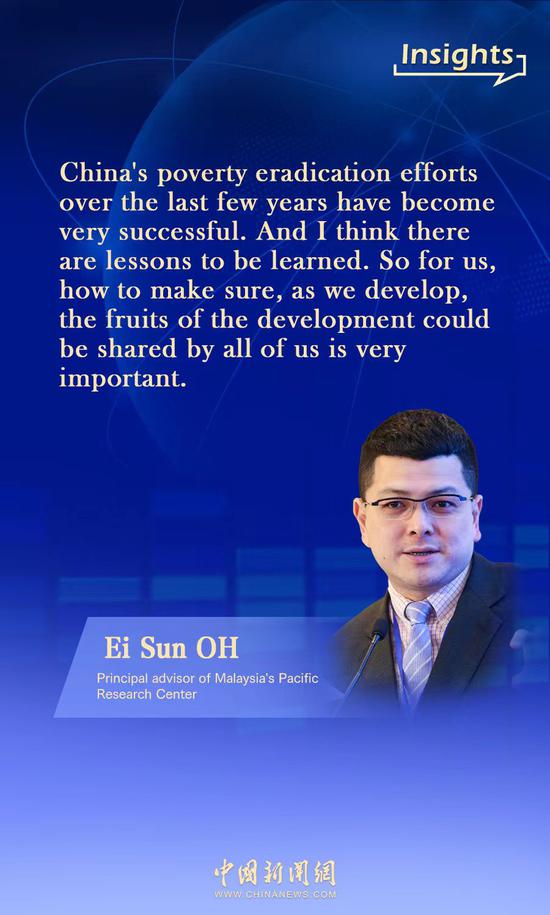

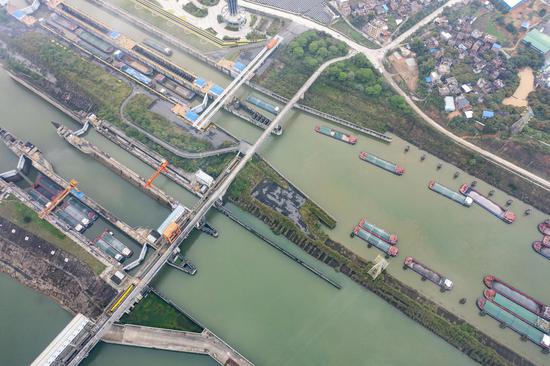
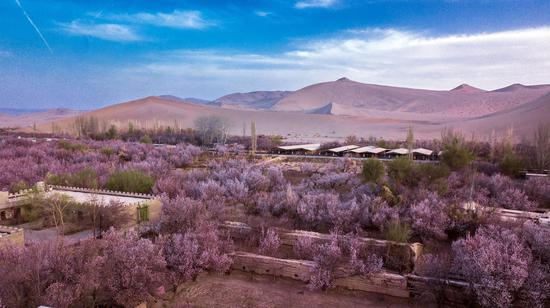
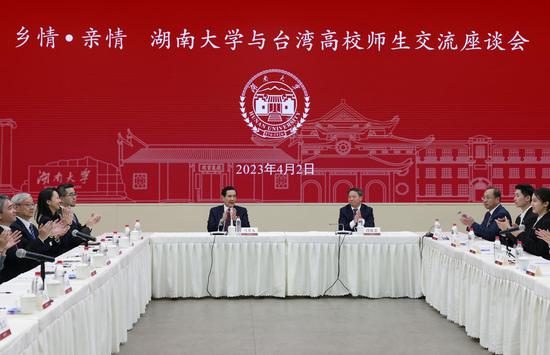
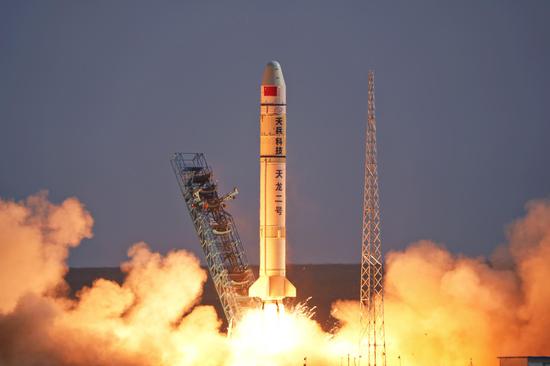
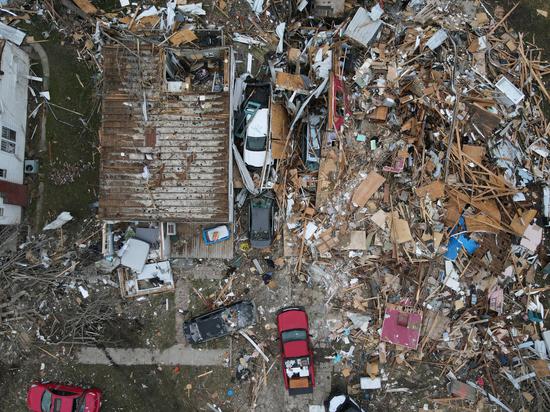
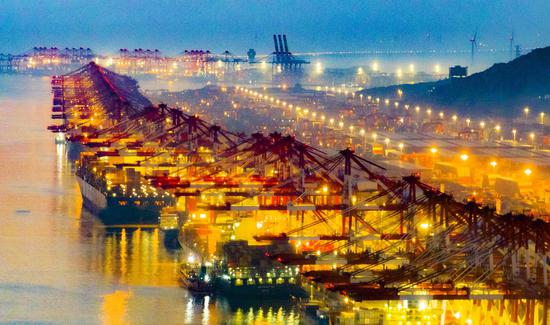
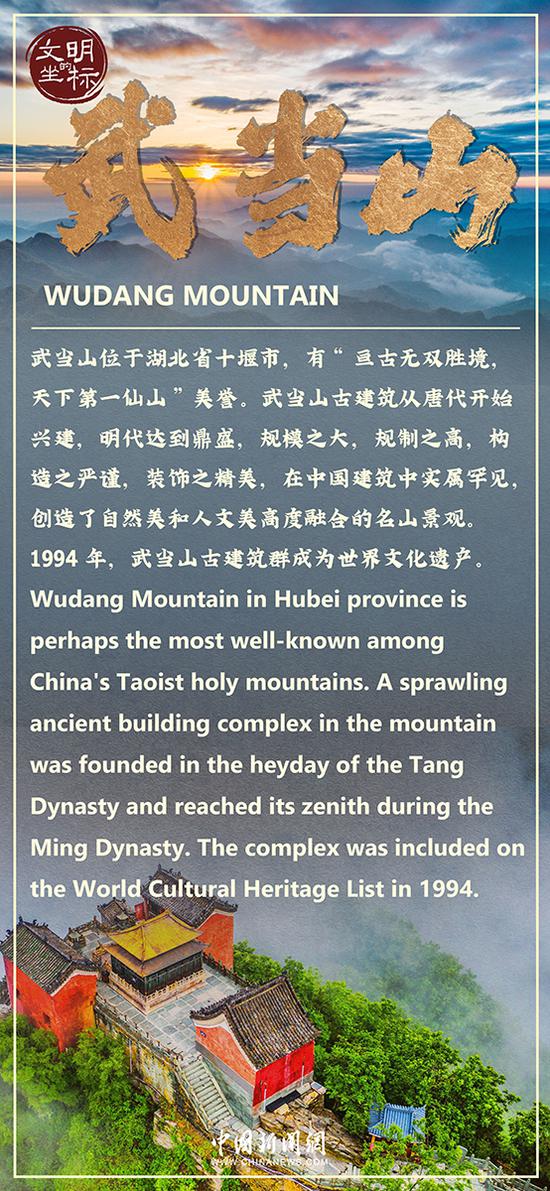
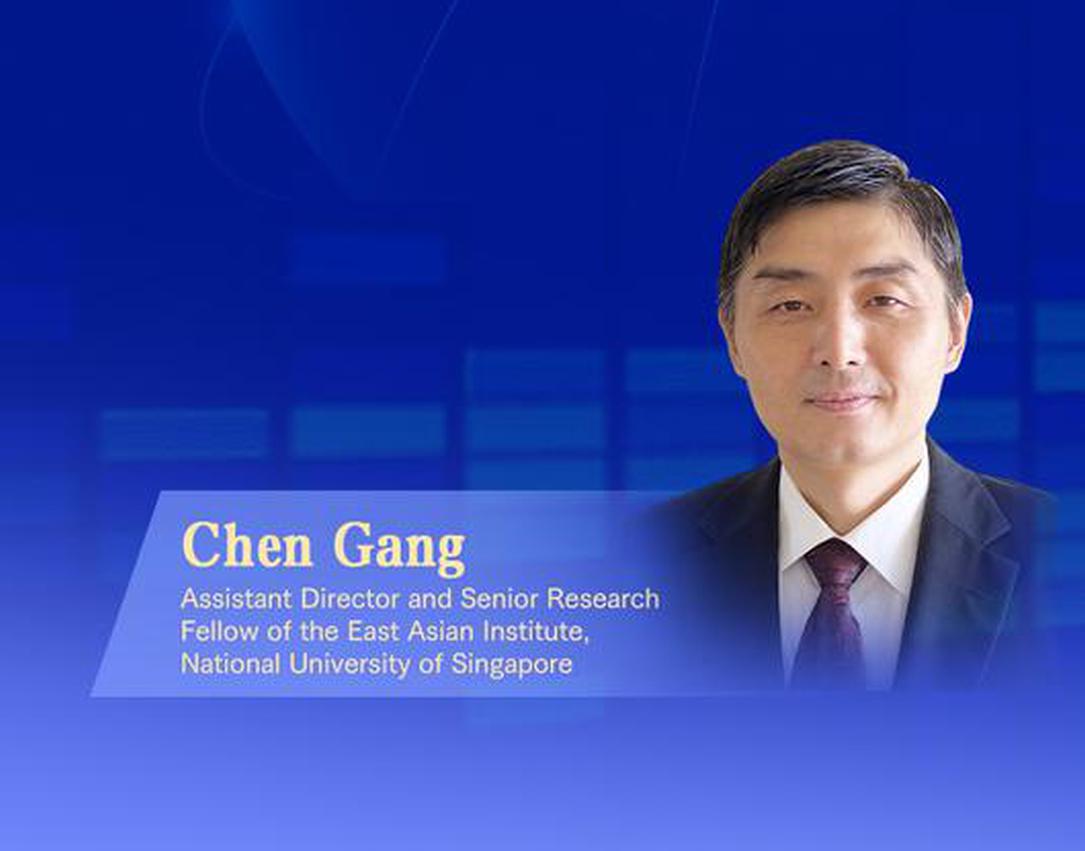
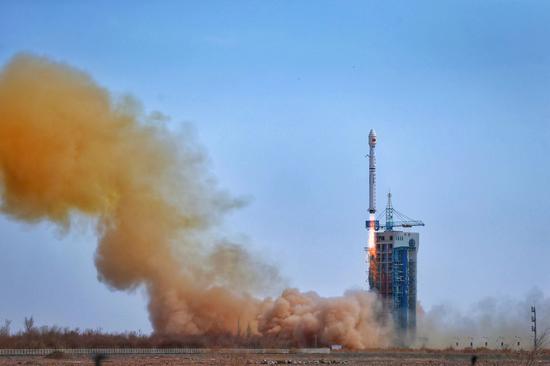
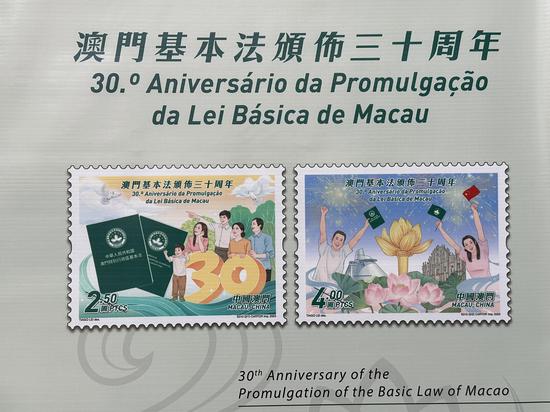
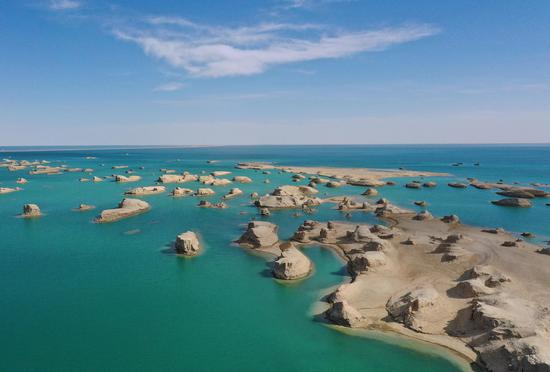





 京公网安备 11010202009201号
京公网安备 11010202009201号